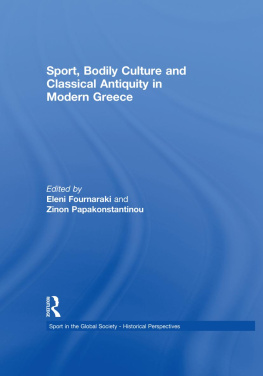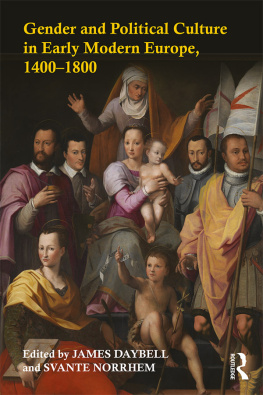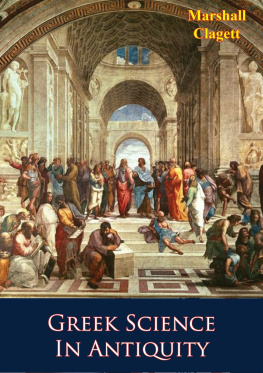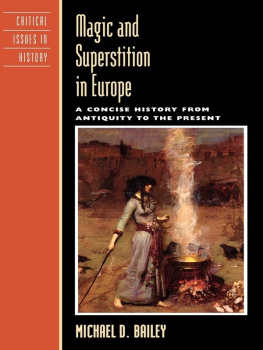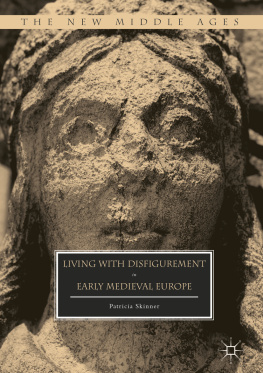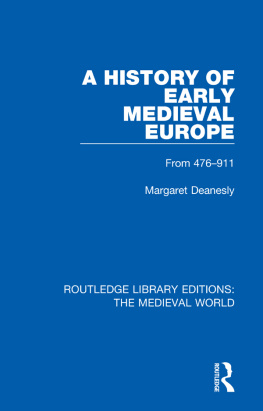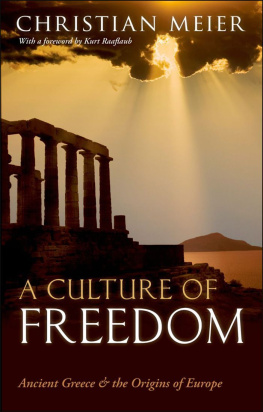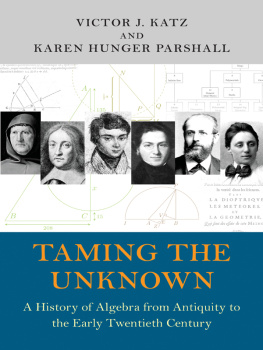A Culture of Freedom
A Culture of Freedom
ANCIENT GREECE AND THE ORIGINS OF EUROPE
CHRISTIAN MEIER
Translated by Jefferson Chase


Great Clarendon Street, Oxford OX2 6DP
Oxford University Press is a department of the University of Oxford.
It furthers the Universitys objective of excellence in research, scholarship,
and education by publishing worldwide in
Oxford New York
Auckland Cape Town Dar es Salaam Hong Kong Karachi
Kuala Lumpur Madrid Melbourne Mexico City Nairobi
New Delhi Shanghai Taipei Toronto
With offices in
Argentina Austria Brazil Chile Czech Republic France Greece
Guatemala Hungary Italy Japan Poland Portugal Singapore
South Korea Switzerland Thailand Turkey Ukraine Vietnam
Oxford is a registered trade mark of Oxford University Press
in the UK and in certain other countries
Published in the United States
by Oxford University Press Inc., New York
Originally published as Kultur, um der Freiheit willen.
Griechische Anfnge Anfang Europas?
By Christian Meier
2009 by Siedler Verlag, a division of Verlagsgruppe
Random House GmbH, Mnchen, Germany.
Geisteswissenchaften International Translation Funding for Humanities and
Social Sciences from Germany. A joint initiative of the Fritz Thyssen
Foundation, the German Federal Foreign Office, and the German Publishers and
Booksellers Association.
This edition published 2011
All rights reserved. No part of this publication may be reproduced,
stored in a retrieval system, or transmitted, in any form or by any means,
without the prior permission in writing of Oxford University Press,
or as expressly permitted by law, or under terms agreed with the appropriate
reprographics rights organization. Enquiries concerning reproduction
outside the scope of the above should be sent to the Rights Department,
Oxford University Press, at the address above
You must not circulate this book in any other binding or cover
and you must impose the same condition on any acquirer
British Library Cataloguing in Publication Data
Data available
Library of Congress Cataloging in Publication Data
Data available
Typeset by SPI Publisher Services, Pondicherry, India
Printed in Great Britain
on acid-free paper by
Clays Ltd, St Ives plc
ISBN 9780199588039 (Hbk)
135791086 4 2
Foreword
I met Christian Meier for the first time in the mid-1960s in Basel, Switzerland. I was a graduate student at the time, had completed my teachers training, and was ready to write a dissertation. I had been fascinated by history and classical culture all along; hence ancient history, combining the two, was a logical choice, but the chair of ancient history had been vacant for several years. I was greatly excited, therefore, when a new chair, a young scholar from Germany, was appointed who was going to assume his first professorship in Basel and would help me move ahead. And I was in awe: he was a student of Hans Schaefer and Hermann Strasburger, two of the greatest names in Greek and Roman history, and he had edited the papers of Matthias Gelzer, an eminent authority on the Roman Republic. So I looked forward with great anticipation to Meiers arrival in Basel. As was his habit, he took me on long walks in the hills around the city, and we discussed possible topics. Eventually, we agreed on Caesar, and I was hooked. I wrote my dissertation and served as Meiers assistant in Basel and, for one year, in Cologne, but then went on to teach classics and history in secondary school. Still, I continued to visit Meier and had long conversations with him on walks in the countryside and over glasses of wine. In this way, too, at a crucial turning point in my life, the decision was made that eventually started my academic career in ancient history.
After Basel, Meier taught in Cologne and Bochum, before settling in Munich. Over the years, he rose to the top of his field and to great prominence far beyond it. As the first ancient historian, he served as President of the German Historical Association. Among other academic leadership positions, he was also President of the German Academy for Language and Poetry. He has received numerous fellowships and grants as well as a number of prestigious distinctions and prizes, in recognition of his work and lifetime achievement (including the Jacob-Grimm-Prize for the German Language, the Austrian Medal for the Sciences and Arts, and the Lichtenberg-Medal of the Academy of Sciences in Gttingen). He is a member of the Academy of Sciences of Berlin-Brandenburg and of the Norwegian Academy of Sciences, as well as a corresponding member of the Academy of Sciences of Athens.
His books, not to speak of edited volumes and scores of articles and chapters in books, are too numerous to list in full. They focus on three main areas: Graeco-Roman history, modern German history and politics, as well as the meaning and function of History as a discipline and the responsibility of the historian. (I give some representative titles here in English translation.) In the first area, classical antiquity, his first book was Res publica amissa: A Study of the Constitution and History of the Late Roman Republic (1966, many reprints). The Greek Discovery of Politics appeared in 1980 (in English in 1990), followed by The Impotence of the Omnipotent Dictator, Caesar: Three Biographical Sketches (1980), Caesar (1982, English edn, 1995), Politics and Grace (1985), The Political Art of Greek Tragedy (1988, English edn, 1993), Athens (1993, English edn, 1999), and now A Culture of Freedom (2009).
In the other two areas I mention Forty Years after Auschwitz (1987, revised and enlarged edn, 1990), The World of History and the Province of the Historian (1989), German Unity as a Challenge: What Foundations for What Kind of Republic? (1990), The Nation that Does not Want to be One (1991), The Parliamentary Democracy (1999), The Disappearance of the Present: On History and Politics (2001), From Athens to Auschwitz: Reflections on the Situation of History (2002), and The Command to Forget and the Indispensability of Remembering (2010).
These are some of the facts and statistics illustrating Meiers life and achievement. They tell many parts of the story. To begin with, it is the story of an immensely productive historian whose impact has been and continues to be massive: in the field of history at large and of ancient history in particular, but also in public discourse concerning urgent questions of recent history and the present. It is the story of a scholar who deals with the ancient past but never sees it as gone and alien but rather, to vary the title of one of his articles, as the closest alien thing. In other words, antiquity is, at least to some extent, close enough to be accessible without constant interpretation, and distant enough not to raise emotions and affect identities; it stimulates thinking about the present and in turn becomes interesting and accessible by questions agitating the present. The record listed above also highlights a citizen who precisely as a historian, armed with insights gained through history, feels a deep obligation to assist his country and his fellow citizens in coming to terms with their terrible past and meeting the challenges of their present, and to show his fellow historians that they can ignore this responsibility only at their own peril and that of their discipline. Furthermore, the record reveals a servant to his academic profession, whose long-standing efforts on behalf of his students, academic institutions, and an interested lay public have received abundant recognition.
Next page

